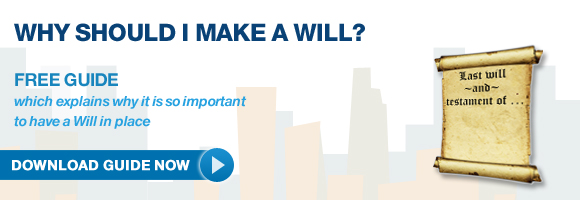
In our first blog we advised on how to register a death. Now you (and the funeral director) have the death certificate, you can go about arranging a funeral. Funerals are continuing to take place as normally as possible and families are being encouraged not to delay funerals. The Scottish Government have provided guidance for funeral services during the pandemic and funeral directors are being asked to ensure that social distancing is adhered to.
Some helpful tips:
- If the deceased had a funeral plan, contact the provider as soon as possible to understand how current restrictions may affect delivery of the plan. If you can’t trace the plan you can contact the Funeral Planning Authority.
- If there is no funeral plan in place, generally the cost of the funeral will be able to be paid directly from the deceased’s bank account (where there are sufficient funds to cover the cost).
- Before contacting the funeral director (by phone, electronic means or in person), you should consider who will attend the funeral. As part of the guidelines, funeral directors are being asked to ensure families restrict attendance to members of the deceased’s household, close family members or a modest number of friends, to reduce the risk of spread of coronavirus to attendees and staff at the ceremony.
- It is not possible to hold a gathering after the ceremony at any venue (including the family home).
- If attending a funeral you should ensure you observe social distancing guidelines. Be prepared that mourners (unless in the same household) will be asked to sit two metres apart. It is only natural to want to shake hands with and hug those grieving, but you should be mindful of avoiding physical contact (unless you are part of the same household, or a carer/person assisted by a carer) and ensure good hand hygiene at all times (remember to take some hand sanitiser along with your tissues). Those in “high risk” categories should consider whether or not they should attend at all.
- Where possible don’t open or close doors — staff at the venue are likely to be able to do this for you (including the funeral car). Guidelines state that a funeral car or limousine should only be used where there is no alternative option. Some funeral firms have had to withdraw the use of limousines due to the risk of infection spreading inside the vehicle.
- You should think about whether it is appropriate for attendees to be coffin bearers — you should also be aware that families may be advised not to be coffin bearers or be permitted to touch the coffin.
- You may wish to visit your loved one in a Chapel of Rest. This may still be possible. You should enquire through your funeral director. Some have restrictions in place meaning this is not possible, others may require a specific time or limit the number of people who attend. Those who are at an increased risk of serious illness are strongly urged not to visit.
- If you are self-isolating because you think you or someone you live with may have coronavirus you should not attend.
- If there are other family members, friends etc. who wish to attend, check whether it is possible for a “live stream” of the service to be made available (having had to do this personally, this was certainly a comfort). If a “live stream” is not possible, you may wish to ask whether it is possible for the eulogy to be recorded to allow those who could not attend to watch or listen at another time.
- Think about whether you want to hold a celebration of life or memorial at a later date when lockdown measures have been lifted.
Should you have any further questions or require further guidance in any aspect of managing the estate of a loved one or arranging a funeral, our Private Client Team have extensive experience in assisting clients in the estate administration process. During lockdown we are continuing to work remotely and securely from home. Our preferred method of communication at this time is email. Should you prefer to speak to a member of the team, please call 0141 221 5562 or 0131 220 7660.

